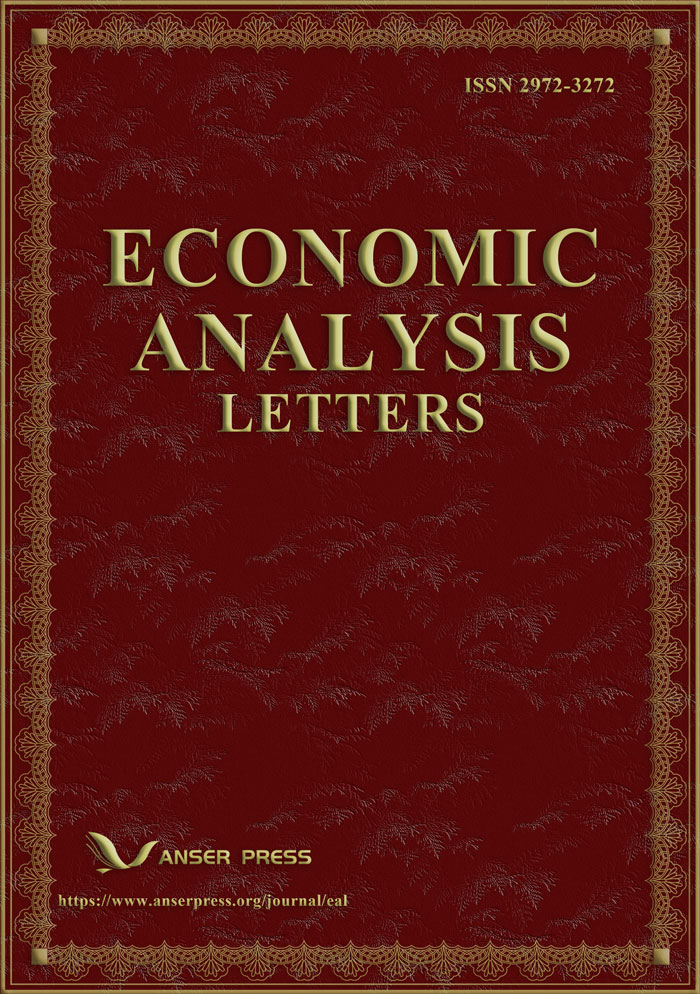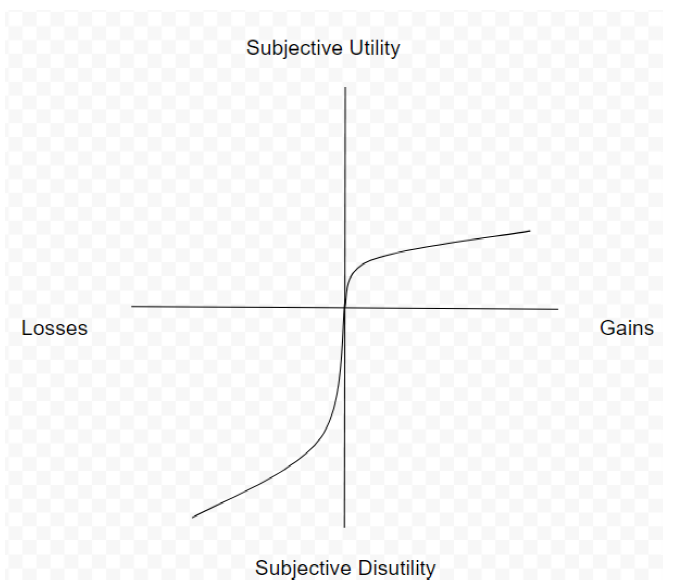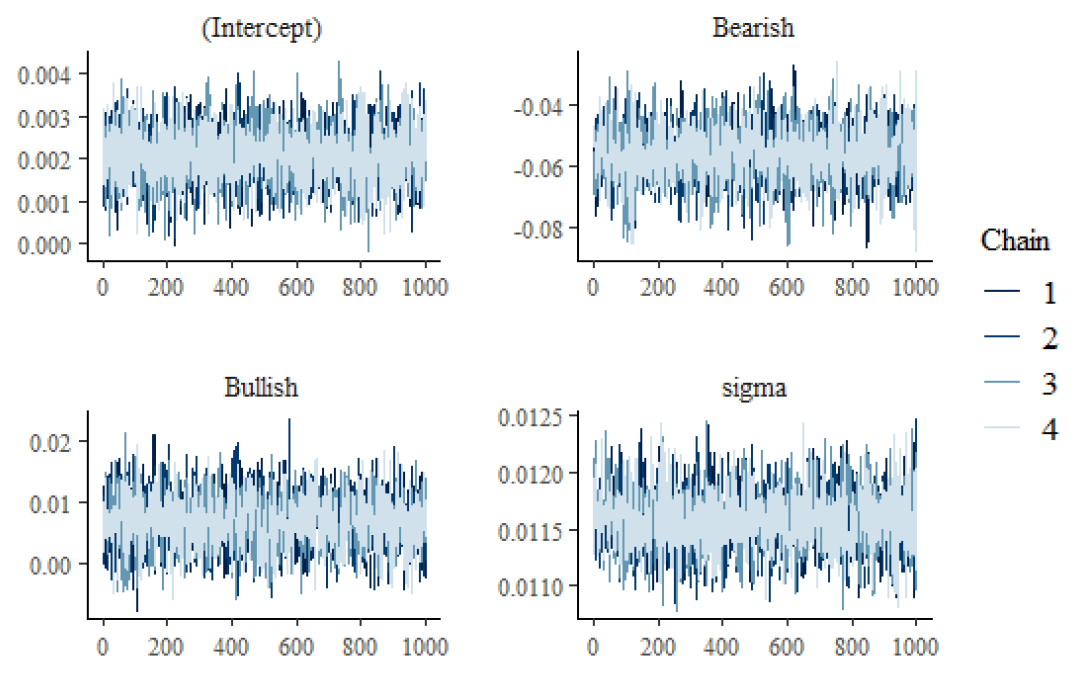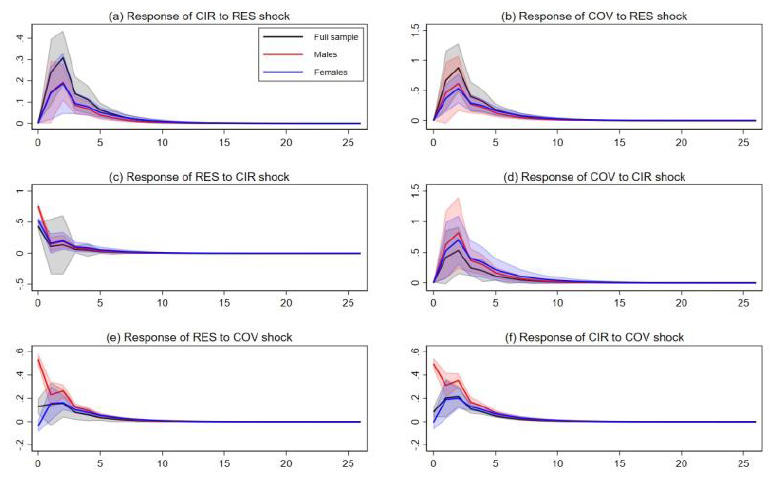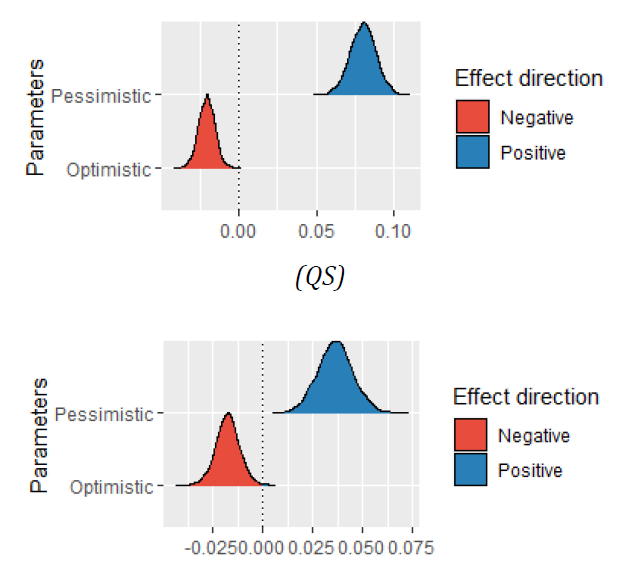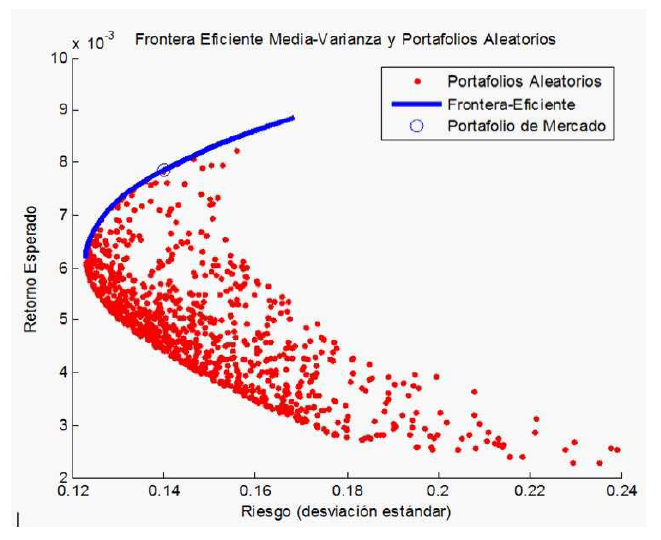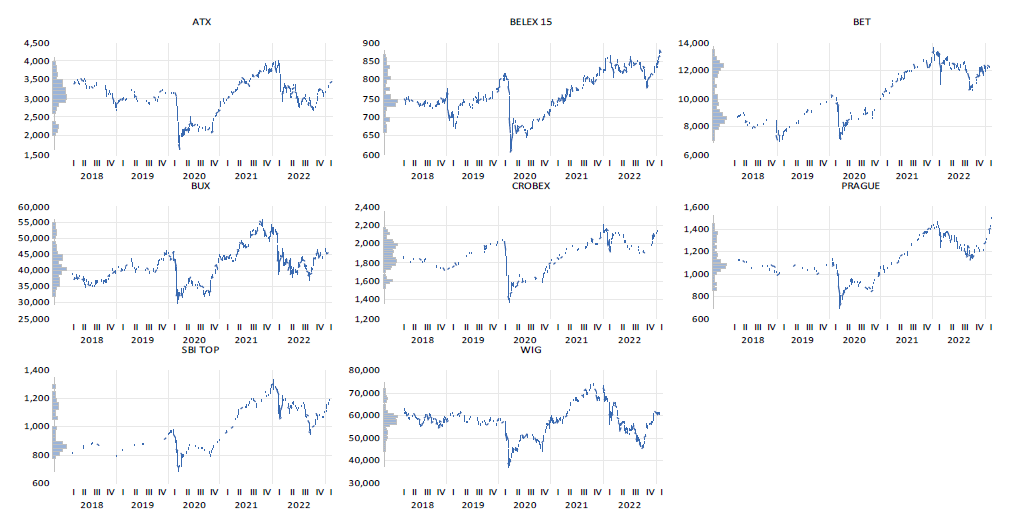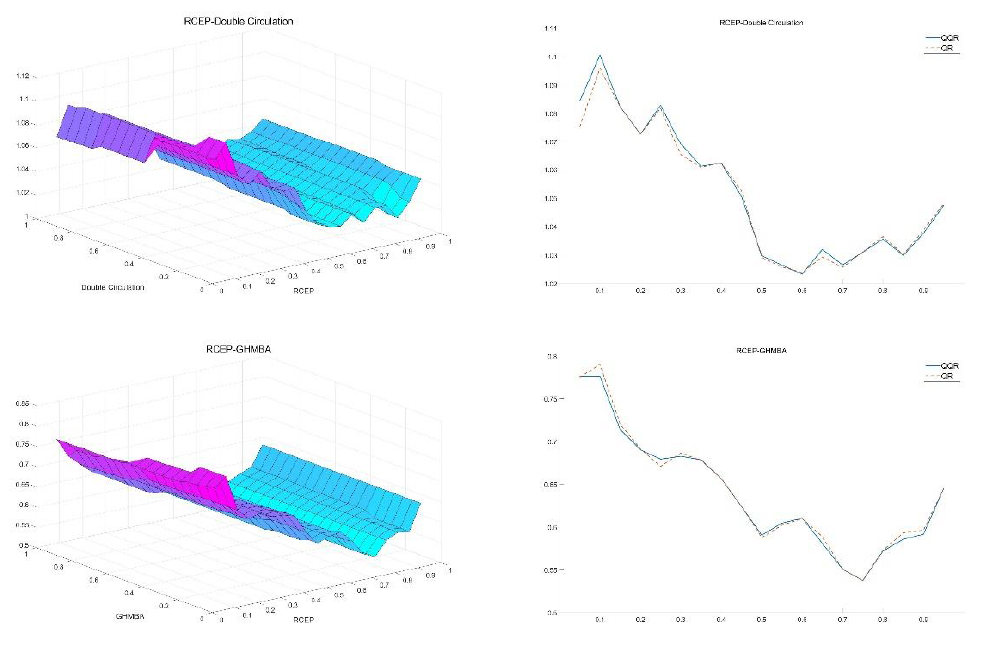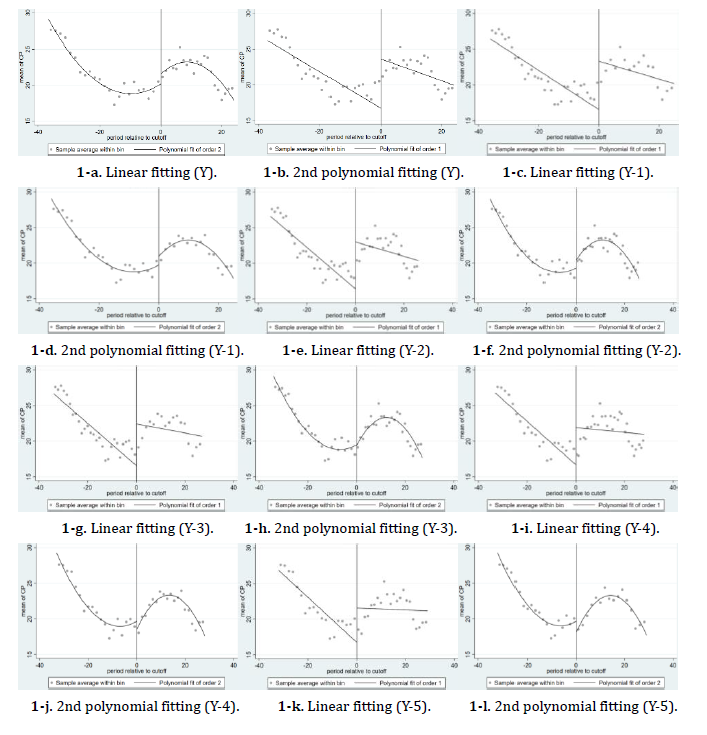Economic Analysis Letters
Open Access
E-ISSN: 2972-3272
Economic Analysis Letters (EAL) believes in the importance of inspiration for economic research, and aims to collect the analysis inspiration of outstanding economic researchers. With an open attitude and length limitation, Economic Analysis Letters can provide convenience for authors to transform their inspiration into research results and spread them worldwide. All researchers are welcome to submit their innovative articles to Economic Analysis Letters. The "letter" format is characterized by concise communications, serving as a means to promptly convey significant aspects of new research.
Editors aim to provide an efficient and high-quality peer review process (double-blind) to authors. Where articles are sent out for full review, authors receive careful reports and feedback.
